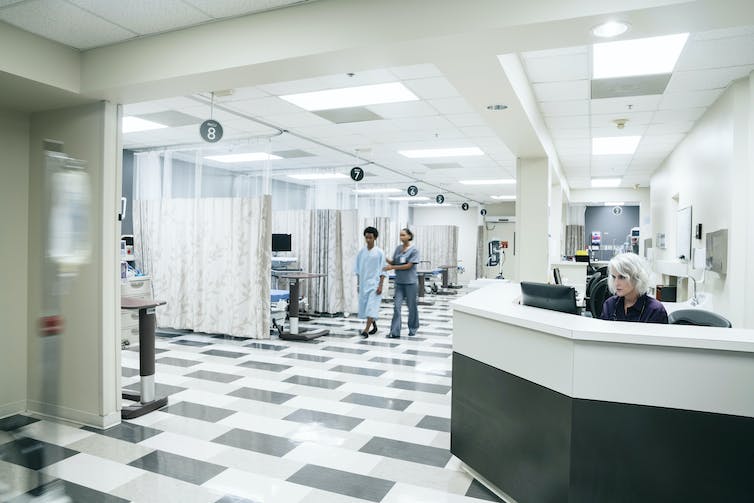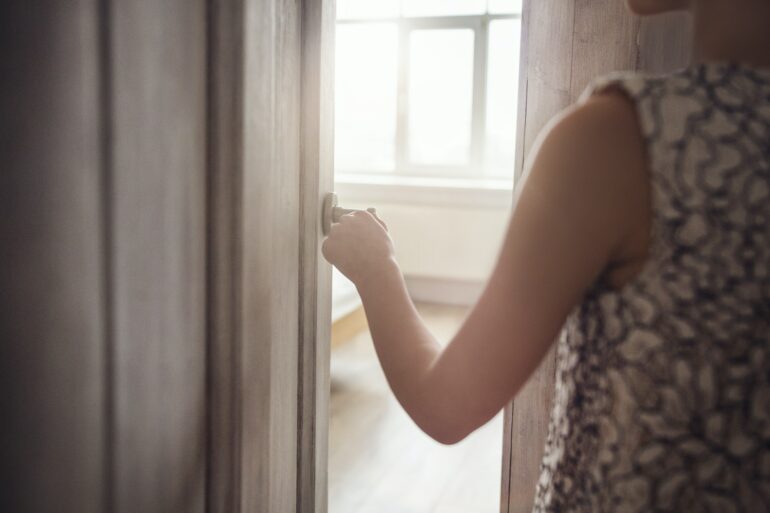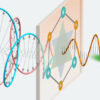
Curious Kids is a series for children of all ages. If you have a question you’d like an expert to answer, send it to [email protected].
Why do people experience déjà vu? – Atharva P., age 10, Bengaluru, India
Have you ever had that weird feeling that you’ve experienced the same exact situation before, even though that’s impossible? Sometimes it can even seem like you’re reliving something that already happened. This phenomenon, known as déjà vu, has puzzled philosophers, neurologists and writers for a very long time.
Starting in the late 1800s, many theories began to emerge regarding what might cause déjà vu, which means “already seen” in French. People thought maybe it stemmed from mental dysfunction or perhaps a type of brain problem. Or maybe it was a temporary hiccup in the otherwise normal operation of human memory. But the topic did not reach the realm of science until quite recently.
Moving from the paranormal to the scientific
Early in this millennium, a scientist named Alan Brown decided to conduct a review of everything researchers had written about déjà vu until that point. Much of what he could find had a paranormal flavor, having to do with the supernatural – things like past lives or psychic abilities. But he also found studies that surveyed regular people about their déjà vu experiences. From all these papers, Brown was able to glean some basic findings on the déjà vu phenomenon.
For example, Brown determined that roughly two thirds of people experience déjà vu at some point in their lives. He determined that the most common trigger of déjà vu is a scene or place, and the next most common trigger is a conversation. He also reported on hints throughout a century or so of medical literature of a possible association between déjà vu and some types of seizure activity in the brain.
Brown’s review brought the topic of déjà vu into the realm of more mainstream science, because it appeared in both a scientific journal that scientists who study cognition tend to read, and also in a book aimed at scientists. His work served as a catalyst for scientists to design experiments to investigate déjà vu.
Testing déjà vu in the psychology lab
Prompted by Brown’s work, my own research team began conducting experiments aimed at testing hypotheses about possible mechanisms of déjà vu. We investigated a near century-old hypothesis that suggested déjà vu can happen when there’s a spatial resemblance between a current scene and an unrecalled scene in your memory. Psychologists called this the Gestalt familiarity hypothesis.

Maybe the layout of a new place is very similar to somewhere else you’ve been, but that you aren’t consciously remembering.
FS Productions/Tetra images via Getty Images
For example, imagine you’re passing the nursing station in a hospital unit on your way to visit…



